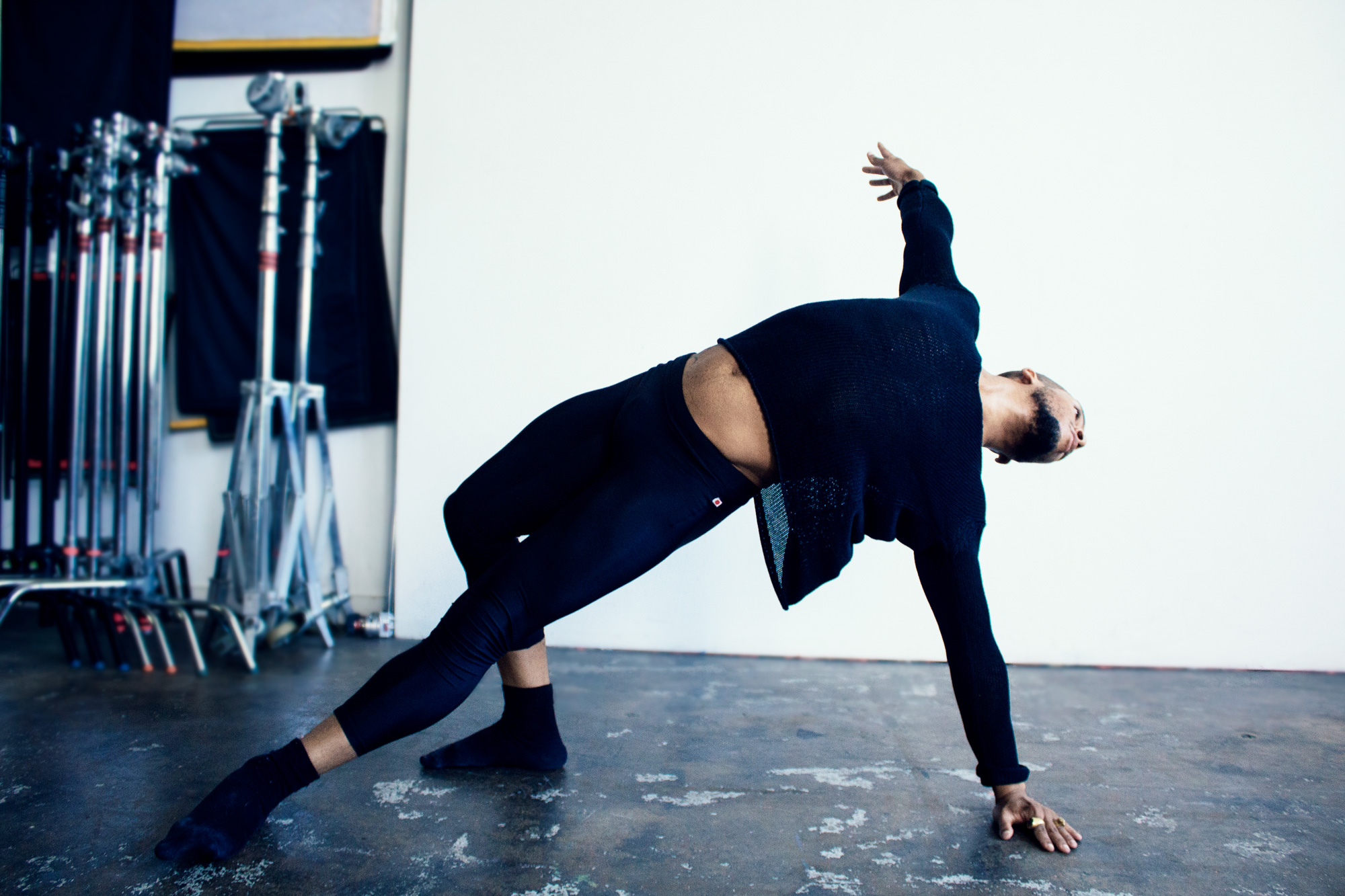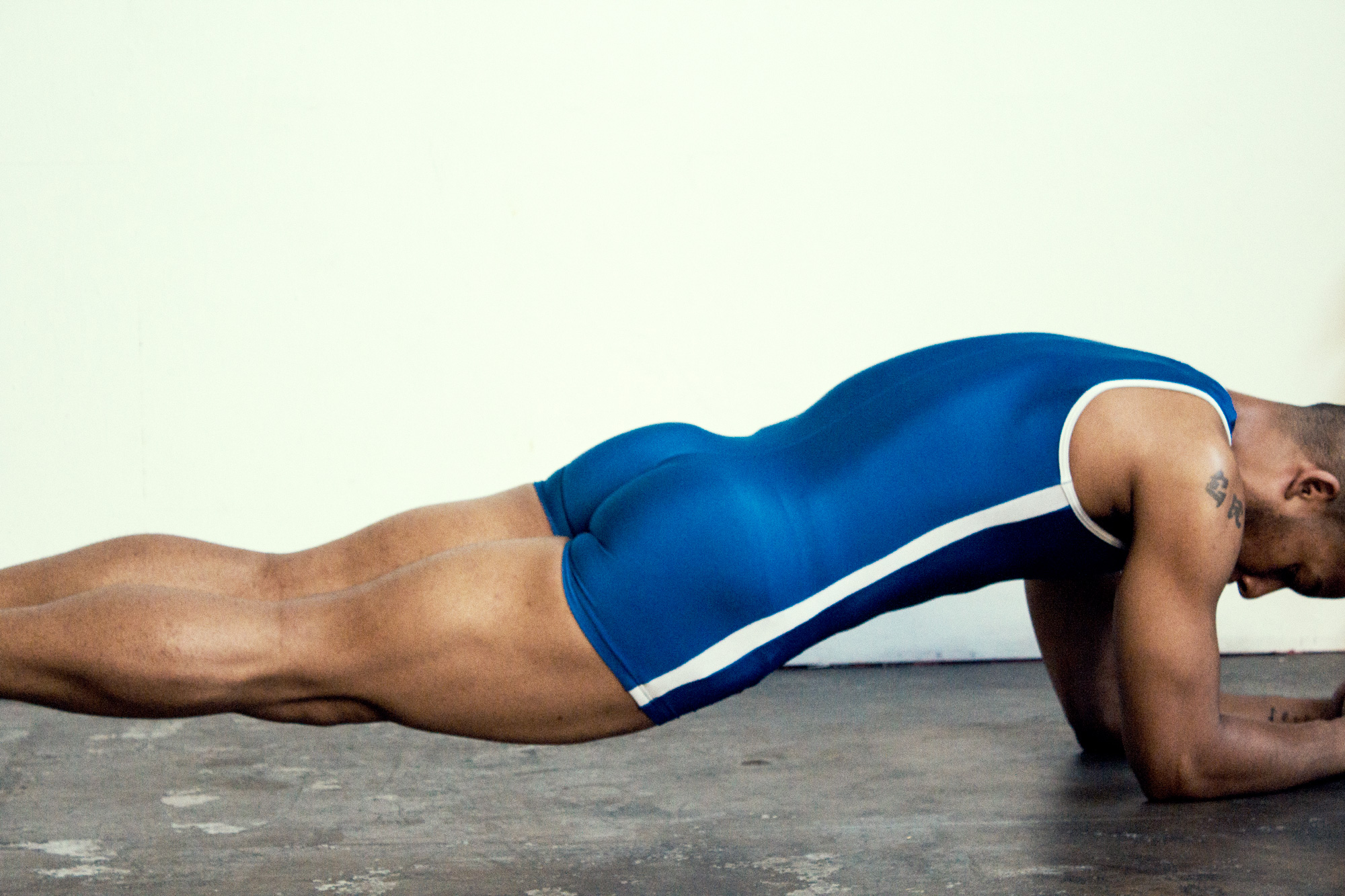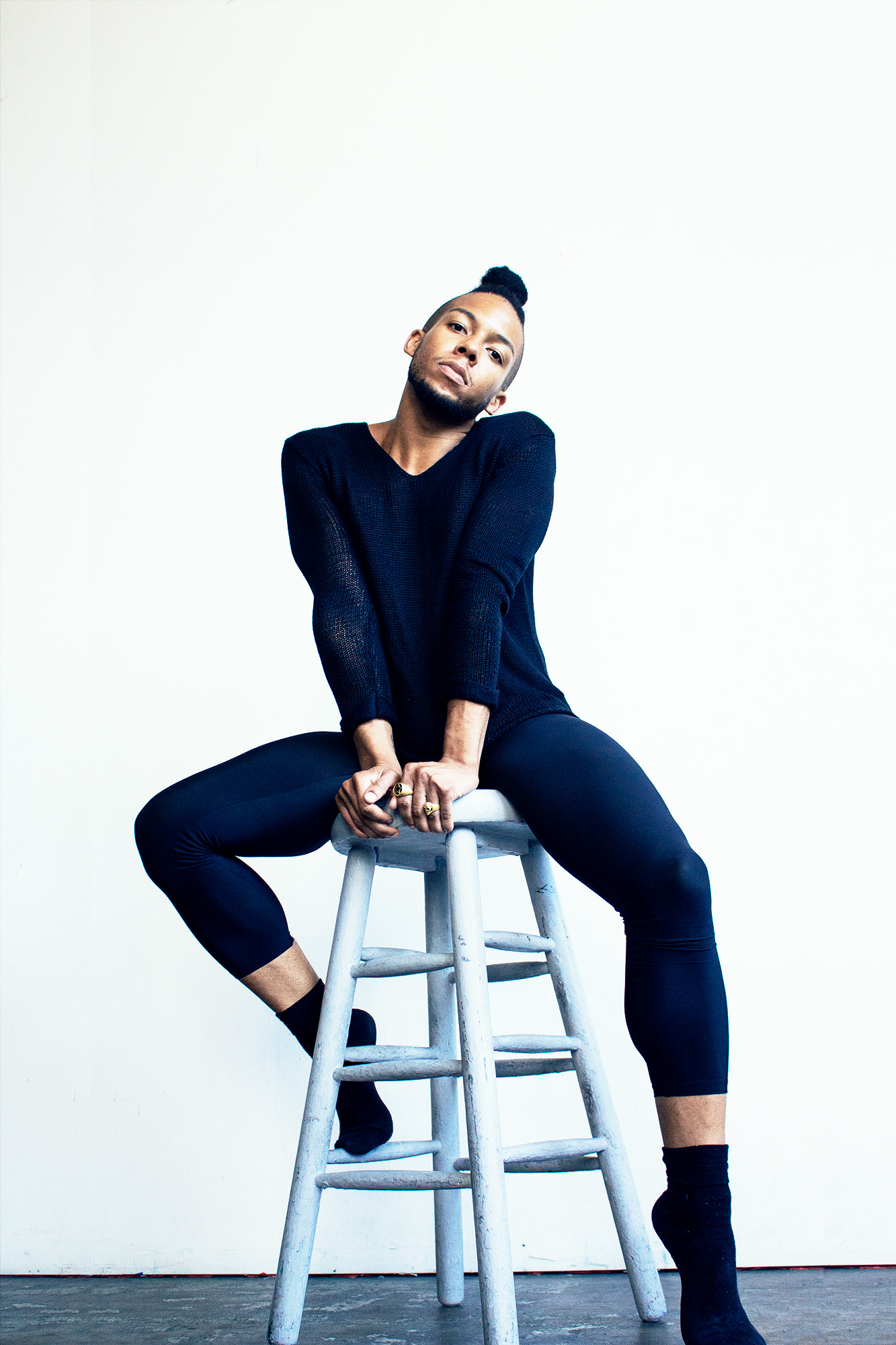Gregory is a late-twentysomething Chicago and Gary native pushing possible and channeling passion one step at a time.
A mover and deep thinker in more ways than one, Gregory affectionately remembers the path that ultimately led him to choosing dance. He explains, “I auditioned for dance and vocal music at a performing arts school in my hometown. When I was accepted, I chose music–not dance. But after years of living in denial and never getting to see my friends (who were all dance majors), I decided to just jump into dance. And I fell in love.”
That love has carried him all the way to the world-renowned Complexions Contemporary Ballet, founded in 1994 by the Choreographer and Dance greats, Dwight Rhoden and Desmond Richardson. At Complexions, Gregory has discovered just what it means to use his artistry to not only move but redefine traditions, especially when it comes to masculinity.
“A very common misconception [about male dancers] is that we are in some way weak or ‘sissies.’ But people don’t realize until they see men actually dance just how strong we have to be.” Gregory continues, “I think we live in a time where a more honest idea of masculinity can be presented in ballet.”
So, why does Gregory dance? It’s very simple. Grinning with affirmation and nostalgia, he explains, “because dance let’s me express all the things that music and writing and any other artistic outlet that I explore won’t let me say.
I think that there’s a freedom that comes from moving your body…an innate freedom that comes from moving through space to…something that ignites that rhythm in you and, not changes your heartbeat, but changes the way your heartbeat feels.”
Gregory proves that #WhenMenDance they inspire us to dream. Of a new way of living. Of a new way of being. And, most importantly, of a new way of moving, “chang[ing] the way our heartbeat feels” in the process.
Gregory’s Full Story
Before being young and being a man, before you’re really taught to think for yourself and enforce your own ideas to yourself, masculinity just becomes this arbitrary thing of seeming strong and stoic, etc.–all the stereotypical things that come with being masculine. As I got older, I realized more and more that the more mature I become the less I value that effort to be masculine that you’re taught.
I think a very common misconception is that we are in some way weak or “sissies.” But people don’t realize until they see men actually dance just how strong we have to be.
And when I think about masculinity in dance, I think “hypermasculinity” because I constantly hear people talk about how a “man” should dance. A lot of the time I’m like, “that’s why so many of them look stiff.”
I think we live in a time where a more honest idea of masculinity can be presented in ballet. But for now, 90 percent of my favorite dancers are women just because it seems like they’re “allowed” to be willowy and fluid as often as they want, which is my favorite way to move. (See Ghrai Devore from Ailey.)
Why do I dance? I dance because dance let’s me express all the things that music and writing and any other artistic outlet that I explore won’t let me say. It’s taught me a lot about myself. It has taught me that I am often insecure when I don’t need to be. I can stunt myself.
But in realizing that, it’s taught me to be comfortable with just putting things out there and hoping for the best, and watching it flourish or–in a lot of cases now–just knowing that something I do, even if it’s not exactly what I want to be, will be in some respect, beautiful, important, and valid in some way or another.
When I’m on stage, I feel like whoever happens to notice me, hopefully, is gaining some sort of perspective on the passion that we just can’t help but display no matter what piece you’re dancing, no matter the length of it, or what the feel is. Hopefully, somebody gets the emotional message that’s coming through and sees the dedication and hard work that has gone into it and admires it. And, I don’t know, in some way is inspired to carry something like that in their own day-to-day life in whatever they do.
I think that there’s a freedom that comes from moving your body. There’s just sort of an innate freedom that comes from moving through space to, whether it be constructed sound or structured music, something that ignites that rhythm in you and, not changes your heartbeat, but changes the way your heartbeat feels.


